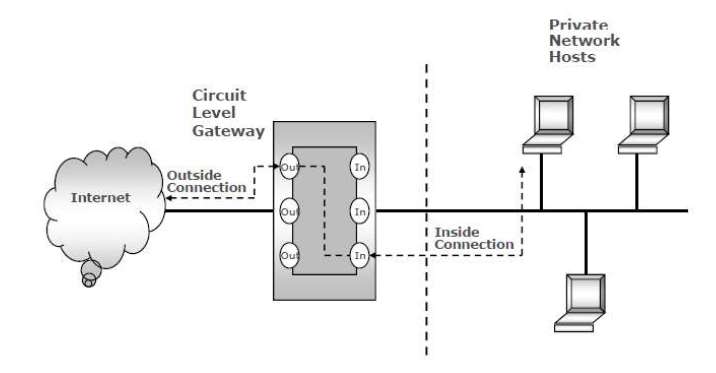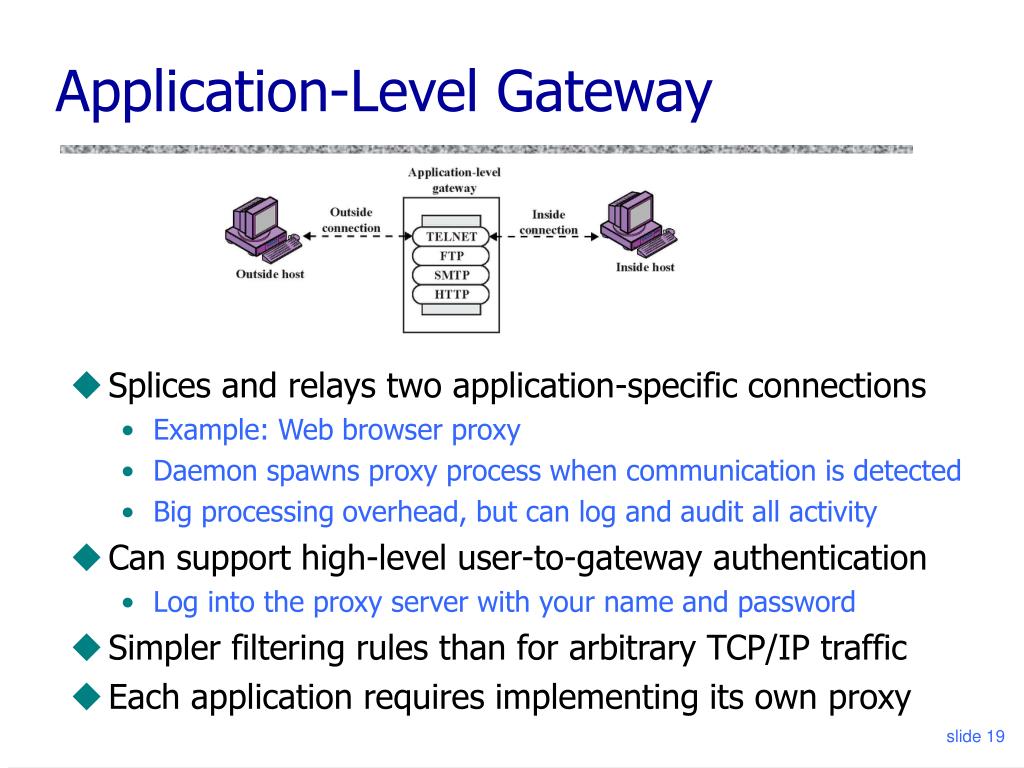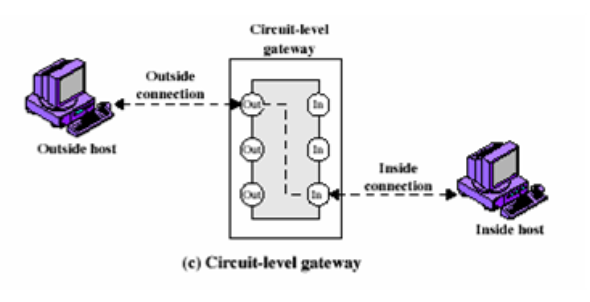
This protective barrier is a collection of components (such as routersand gateways) configured to enforce a specific access control policy betweentwo networks-your network (a trusted network) and any other network (anuntrusted network). Similarly, within this industry, a firewall is abarrier that prevents a figurative fire from reaching your network: A firewallthwarts hackers' attempts to access your network, preventing them from copying,changing, or destroying information or consuming bandwidth, memory, or processingpower.

Outside the computer industry, a firewall is a barrier that preventsa fire from spreading. However, for most commercialorganizations, implementing a firewall is as basic and necessary a steptoward protecting your network as locking the door is to protecting yourhome. Because no firewall can guarantee the absolute safety ofyour network under all possible circumstances, extremely sensitive informationshould not be connected to a TCP/IP network. Ofcourse, if you have top secret information on your network (such as anythingpertaining to national defense), you don't need a firewall-you need a pairof wire cutters.

(For information about vulnerable Internetservices, see " Weak Links.")Ĭonsequently, if you need to use TCP/IP services and have an Internetor intranet connection, you need a firewall to protect your network. Not surprisingly,TCP/IP, the protocol suite that governs communications over both the Internetand increasingly popular intranets, is inherently insecure, as are mostof the services that run over TCP/IP networks, such as FTP services andthe Domain Naming System (DNS). TCP/IP-IT'S SO INSECUREĪttacks are possible (even relatively easy) because the Internet wasdesigned to be an open system that facilitates the free exchange of information,rather than a secure system that restricts such exchange.

government-funded organization based at Carnegie-Mellon Universityin Pittsburgh, Pennsylvania, says that the number of reported Internet securityincidents rose from 130 in 1990 to more than 2,400 in 1995.

Picture this: You connect to the World-Wide Web (Who do you work for anyway? The"UnitedStates Department of Injustice,"as the For example,by invading a computer system at MCI, hackers stole nearly 50,000 creditcard numbers, and Digital Equipment Corporation (DEC) claims to have lostmillions of dollars worth of software to the infamous hacker Kevin Mitnik.Worse yet, such attacks are increasingly common: The CERT Coordination Center,a U.S.


 0 kommentar(er)
0 kommentar(er)
